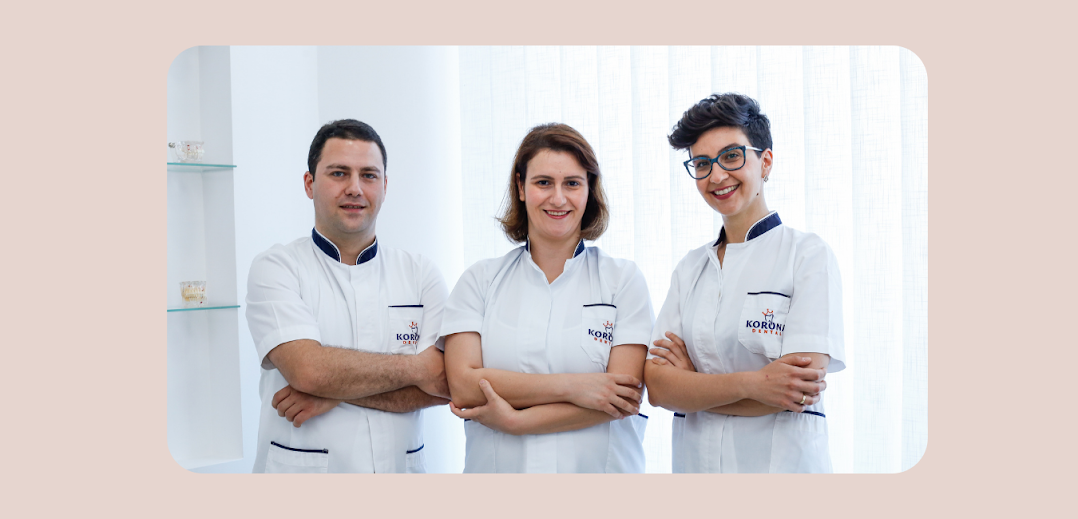We all know the essentials about the choice, durability and toothbrush hygiene, yet it is worth mentioning that in general the toothbrush should be replaced once or twice within six month period especially if its bristles are deformed or we had a flu before as the possibility of reinfection is high.
There are toothbrushes with soft, medium and hard bristles as well as different density and materials they are made of. It is important to choose a toothbrush with high-density bristles made of natural material for efficient cleaning and plaque removal.
It is recommended that the toothbrush has soft bristles and with the correct brushing technique not only will the teeth be cleaned but also the gums. Should the opposite apply, then the gums will suffer and retract which will expose the teeth roots and damage their enamel.
One should also consider the toothbrush head, as the oral cavity and teeth size are unique for every human. It is simple, tooth brushing should be pleasant, effective and thorough.



